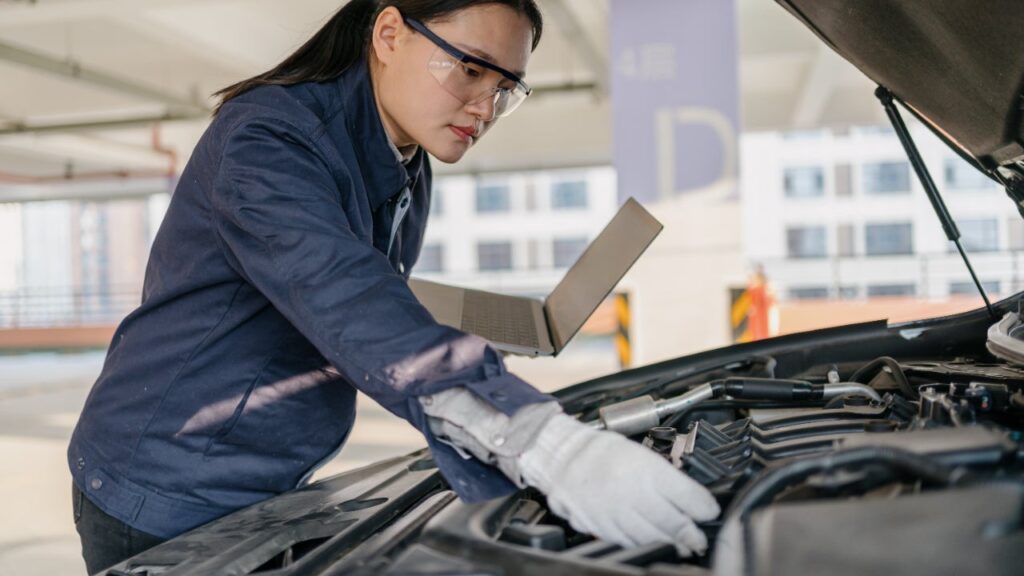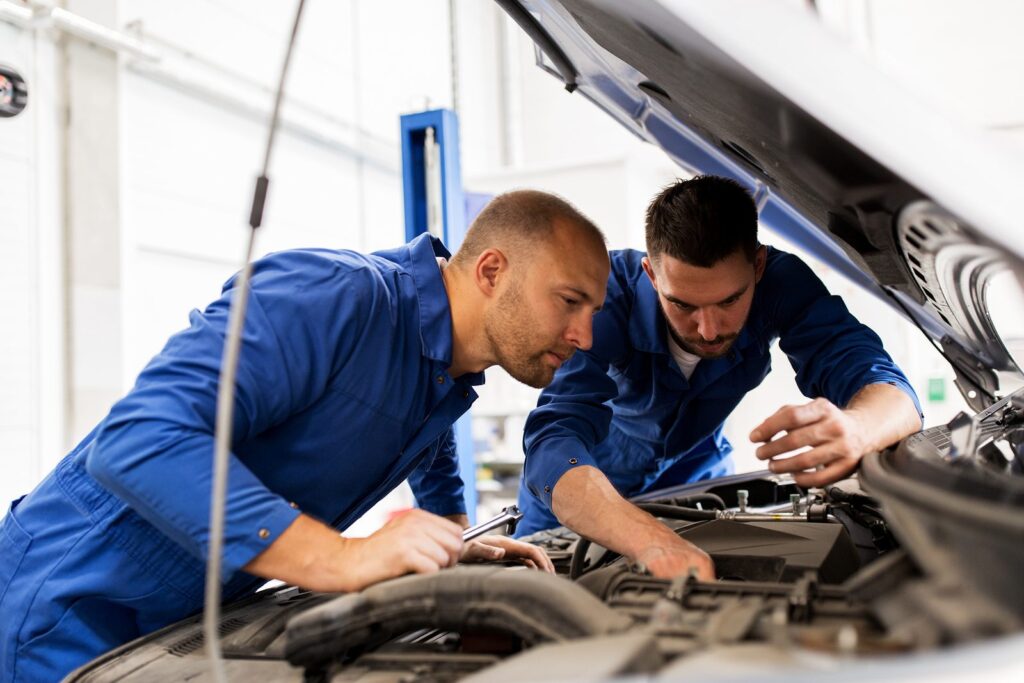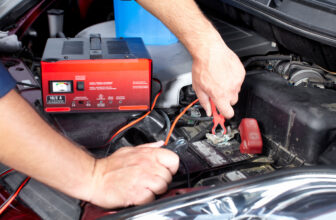
Buying a used car can be a popular choice for many, whether it’s for budget reasons or simply wanting a specific model that is no longer in production. However, with this choice comes potential risks and concerns about the car’s condition.
There are several key checks that should be made when buying a used car, and in this article, we’ll cover the top 5 to keep in mind. From obtaining a vehicle history report to test driving the car, these checks will help you make an informed decision and avoid any unwanted surprises down the road.
Table of Contents
Check 1: Vehicle History Report

Source: maxdigital.com
A vehicle history report is an essential tool for anyone looking to purchase a used car. As the saying goes, “knowledge is power,” and this is especially true when it comes to buying a second-hand vehicle. A vehicle history report can provide valuable information about the car’s past, allowing you to make an informed decision before making a purchase.
First and foremost, a vehicle history report can give you a detailed overview of the car’s ownership history. This includes the number of previous owners, as well as the length of time each owner had the car.
Another vital aspect of a vehicle history report is its record of any accidents the car may have been involved in. This is especially important because a car that has been in a severe accident may have underlying damage that is not immediately visible.
Check 2: Mechanical Inspection

Source: bankrate.com
Having a professional mechanic inspect a used car is a crucial step in ensuring a reliable purchase. National towing site (https://towingcompany.io) says while a vehicle history report can provide important information, it cannot replace a hands-on inspection by a trained mechanic. In this section, we will discuss the importance of a mechanical inspection, the types of issues it can uncover, and the potential benefits of getting one done.
Importance of a Professional Inspection
A used car may look good on the surface, but there could be underlying mechanical issues that are not visible to the untrained eye. This is where a professional inspection becomes essential. A mechanic has the knowledge and expertise to thoroughly examine the car and identify any potential problems.
Types of Issues that can be Identified
During a mechanical inspection, the mechanic will check various components of the car such as the engine, transmission, brakes, suspension, and electrical systems. They will also inspect for any signs of wear and tear, leaks, and previous repairs. This can give you a better understanding of the car’s current condition and help you make an informed decision.
Cost Savings and Peace of Mind
A thorough mechanical inspection can potentially save you from expensive repairs down the road. If the mechanic identifies any major issues, you can either negotiate with the seller for a lower price or choose to walk away from the purchase.
What to Expect During a Mechanical Inspection
When taking a used car for a mechanical inspection, it is important to communicate with the mechanic and mention any specific concerns you may have. They will typically start by examining the engine and its components, followed by a check of the transmission and drivetrain. The mechanic will also inspect the brakes, tires, suspension, and exhaust system. They may also use diagnostic tools to identify any potential issues with the car’s electrical systems.
- Unusual Noises: The mechanic will listen for any unusual noises coming from the engine, transmission, or other components. This could be a sign of a more serious problem.
- Smells: Strange smells, such as burning rubber or oil, can indicate potential issues with the car’s engine or exhaust system.
- Driving Performance: The mechanic will take the car for a test drive to assess its performance. They will check for any signs of hesitation, rough shifting, or other driving issues.
Check 3: Test Drive

Source: trademe.co.nz
One of the most important checks to make when buying a used car is taking it for a test drive. This step allows you to get a feel for the car and identify any major issues that may not be evident from a simple inspection. It is also a chance to see if the car is a good fit for your driving style and needs.
The purpose of a test drive is to assess the car’s overall driving performance and detect any potential red flags. When you first start the car, pay attention to how it sounds and how quickly it starts. A sluggish start may indicate a weak battery or other engine issues. Take note of any unusual noises, such as grinding, clunking, or squealing. Listen for any strange smells, such as burning rubber or oil.
During the test drive, make sure to drive the car in different conditions. This includes driving on the highway, in the city, and in a parking lot. This allows you to experience the car’s performance at different speeds and in different traffic situations. While driving, pay attention to how the car handles, accelerates, and brakes.
Check 5: Under the Hood Inspection

Source: eastridgefastlube.com
Inspecting the engine and its components is a crucial step when buying a used car. This check can help identify any potential issues with the car’s performance and give an insight into the overall condition of the vehicle.
Firstly, it is important to open the hood of the car and take a good look at the engine. Look for any signs of leaks, such as oil or coolant, which could indicate a problem with the car’s gaskets or seals.
Next, inspect the engine’s belts and hoses for any signs of wear or cracks. These components are crucial for the proper functioning of the car and can be expensive to replace if they are damaged.
Moving on to the electrical components, check the battery for any signs of corrosion or damage. A faulty battery can lead to starting issues and may need to be replaced soon. It is also important to check the car’s wiring and connectors for any signs of wear or damage.
Conclusion
In conclusion, purchasing a used car can be a great option for many people due to its affordability and availability. However, it is important to be cautious and informed to ensure a reliable purchase. By following these 5 essential checks – obtaining a vehicle history report, getting a mechanical inspection, test driving the car, inspecting under the hood, and checking for any warning signs.







